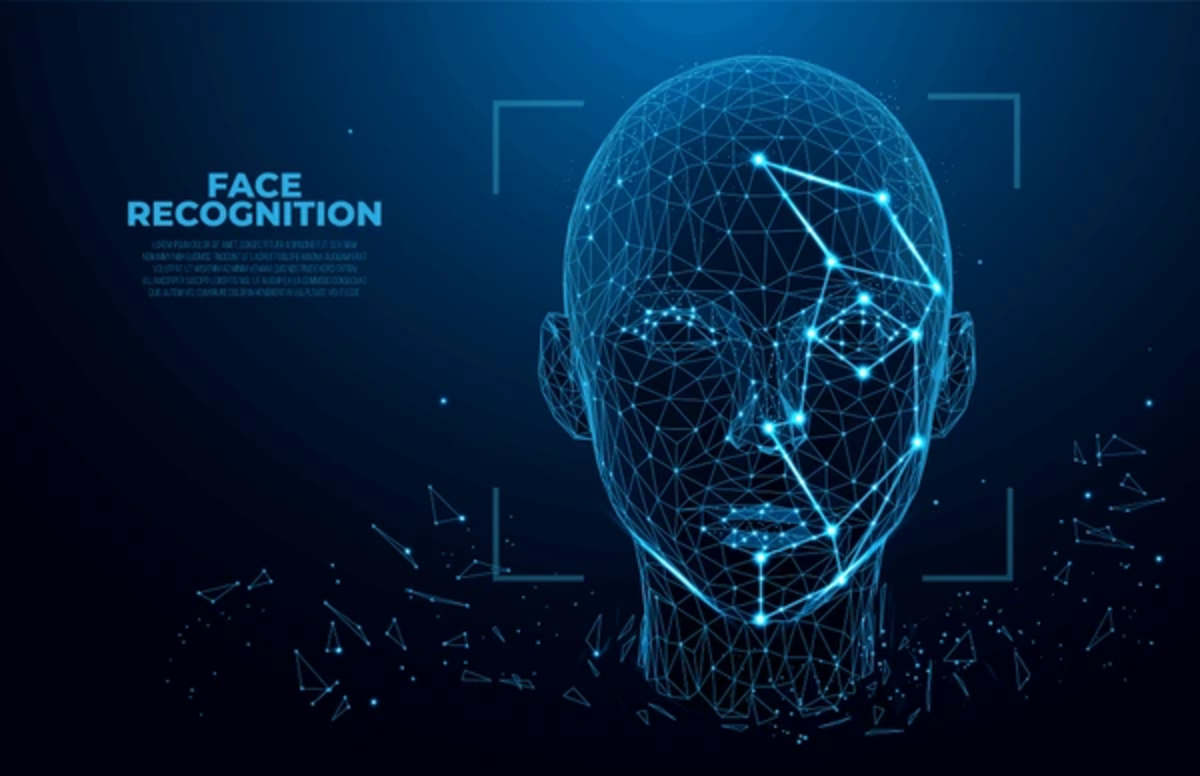The UK’s human rights regulator has been granted permission to participate in a forthcoming judicial review that will assess the compliance of the London Metropolitan Police's use of live facial recognition with human rights legislation.
The Equality and Human Rights Commission or EHRC plans [1] to submit evidence in a legal case concerning Shaun Thompson, an anti-knife crime community worker from London. Thompson was detained by police due to a false match generated by a facial recognition system. John Kirkpatrick [2] who is the Chief Executive of the Equality and Human Rights Commission said, “Live facial recognition technology is a tool which, when used responsibly, can help to combat serious crime and keep people safe. But the data this technology processes is biometric data, which is deeply personal. The law is clear: everyone has the right to privacy, to freedom of expression and to freedom of assembly. These rights are vital for any democratic society.”
Kirkpatrick also asserted that there should be explicit regulations ensuring that live facial recognition technology is employed solely in cases that are necessary, proportionate, and accompanied by suitable safeguards. “As such, there must be clear rules which guarantee that live facial recognition technology is used only where necessary, proportionate and constrained by appropriate safeguards. We believe that the Metropolitan Police’s current policy falls short of this standard. The Met, and other forces using this technology, need to ensure they deploy it in ways which are consistent with the law and with human rights.” Shaun Thommpson has obtained High Court approval to take legal action against the Metropolitan Police, with support from [3] the digital rights advocacy organization Big Brother Watch.
Silkie Carlo who [4] is the Director of Big Brother Watch said, “We’re taking the Met to court to urgently protect the public’s privacy and freedom from Orwellian live facial recognition. No laws mention facial recognition and parliament has never approved its use, yet police continue to deploy this technology in a cavalier and chilling way. Live facial recognition surveillance makes us a nation of suspects who, as we’ve seen in Shaun’s disturbing case, can be falsely accused, grossly mistreated and forced to prove our innocence to authorities.” Carlo asserts that facial recognition technology in the UK is both inaccurate and excessively prevalent. She contends that no other democratic nation utilizes live facial recognition to the same extent as the UK. “Facial recognition is inaccurate and dangerously out of control in the UK. No other democracy in the world spies on its population with live facial recognition at the rate of the UK. This is the right moment for the government to urgently rein in police forces’ use of this invasive technology,” said Carlo.
The Equality and Human Rights Commission intends to contend that the Metropolitan Police's existing policies on live facial recognition violate the rights established by the European Convention on Human Rights, which encompass the right to privacy, as well as the freedoms of expression and assembly. Although the regulator acknowledges the potential benefits of live facial recognition for law enforcement, it also asserts that the technology is being employed by police in an overly intrusive manner. The Metropolitan Police Service, the largest police force in the UK, will [5] increase its use of live facial recognition technology to as many as 10 deployments per week. Live facial recognition technology operates by comparing faces captured on surveillance cameras with a police watchlist in real time. The frequency of its use will rise from the current four times per week over two days to up to 10 times a week across five days. Sir Mark Rowley [6] the Met commissioner said, “We’re only using it to look for serious offenders like wanted offenders and registered sex offenders.We routinely put it out there and capture multiple serious offenders in one go, many of whom have committed serious offences against women or children, or people who are wanted for armed robbery.It’s a fantastic piece of technology. It’s very responsibly used, and that’s why most of the public support it.”
However, the Metropolitan Police have been [7] urged to reassess the claimed effectiveness of live facial recognition technology ahead of its expanded implementation in London and potential rollout across England. Concerns have been voiced by London Assembly members regarding the Met's decision to increase the use of this technology more than twofold in the capital. Zoe Garbett, [8] a member of the Green Party London in the Assembly said, “We are told that the Met’s LFR rollout has been a success due to the number of arrests made using the technology but the figure is not given in context compared with the effort and resources invested.“The Met has not done a business cost on LFR technology, and so we have no means of measuring success. People would not want their fingerprints taken every time they go into town but we have slowly allowed this erosion of civil liberties to happen.There needs to be a proper pause and review on the use of LFR technology to see whether its the best use of resources for policing we should not just take the number of arrests out of context to measure this,” said Garbett.
